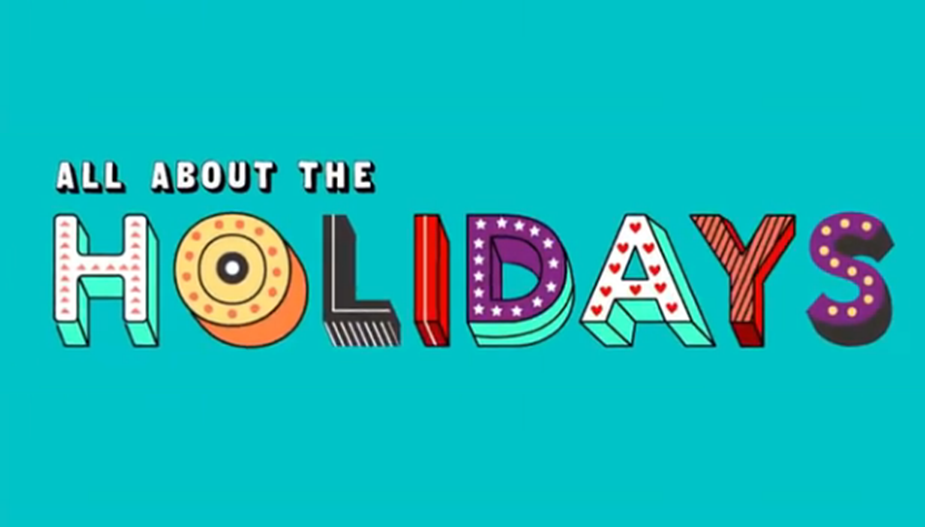eMediaVA consistently excels in supporting our students’ understanding of various holidays, including the current Christmas season that celebrates the birth of Jesus Christ within the Christian faith. This festive time involves attending church services, adorning homes with lights and Christmas trees, participating in parties, and sharing substantial family meals. Numerous holiday movies grace our television screens, and traditions like baking and enjoying cookies, listening to Christmas music, exchanging gifts, and welcoming Santa Claus are embraced.
It’s important for educators to be mindful of our diverse classroom audiences when presenting such content, recognizing that students may have varying celebrations or observe holidays in different ways. eMediaVA reinforces inclusivity by featuring videos on a variety of winter holidays, including Kwanzaa in the “All About the Holidays” collection. This resource sheds light on how Kwanzaa, celebrated from December 26th to January 1st, emphasizes African-American heritage, fostering family, and community bonds. The seven days of festivities highlight themes of faith, unity, and cooperation, featuring music, drumming, feasting, and gift-giving.
Hanukkah, also known as the Festival of Lights, is a joyous Jewish celebration that holds significant cultural and historical importance. Typically observed in December, this eight-day festival commemorates the miracle of the oil in the ancient Temple of Jerusalem. According to tradition, a small amount of oil miraculously lasted for eight days, allowing the rededication of the temple. To mark each night of Hanukkah, families light the menorah, adding one candle for each evening until all eight are aglow. Additionally, customary games, like spinning the dreidel, and indulging in traditional foods such as latkes (potato pancakes) and sufganiyot (jelly-filled doughnuts) are integral parts of the festivities. Hanukkah serves as an excellent opportunity for educators to foster cultural awareness and understanding among students, promoting a rich appreciation for diversity in the classroom.
Ultimately, whether individuals recognize or celebrate these holidays, we can confidently assert that a significant aspect of their observance revolves around relationships. Christmas, Hanukkah, and Kwanzaa underscore the importance of coming together to celebrate, emphasizing the shared value of relationships in diverse cultural contexts.
Monica Mitchell is an elementary ITRT in Martinsville Public Schools and an eMediaVA Ambassador.
